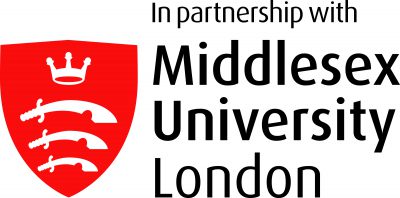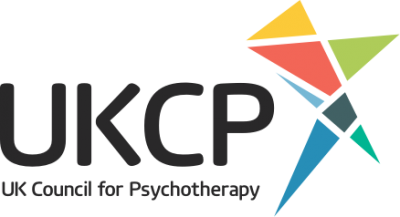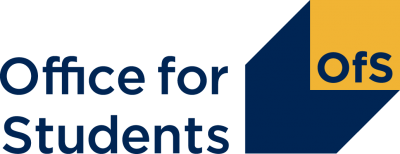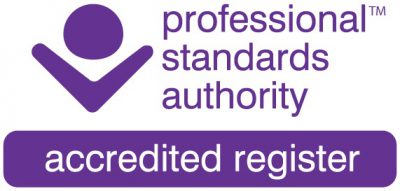Student Life
What's it like being a student at Matrix?
What's it like being a student at Matrix?
What’s the course like?
It is based on three pillars: theory, counselling skills and personal development.
Theory
You will learn about integrative counselling. All our students are adult learners and much of the work is undertaken at home. We encourage the development of study skills groups to help our students study in between training weekends. For those who need it, we have a Learning Support tutor who can provide one-to-one support. If you are returning to study after a long absence we can help you develop academic skills swiftly.
Personal development
By the end of the three years will have developed a coherent philosophy of integration. At Matrix we consider an understanding of your own personal history is crucial to the development of your integrative framework which is why we place such emphasis on personal counselling.
Counselling skills
Counselling skills are taught in triad groups over almost all training weekends. At the beginning of Year 2, once you have been assessed as ready to practice, you will begin work in a placement. We have many links with voluntary agencies in East Anglia and beyond, and our students are highly valued as voluntary counsellors.
A BSc is a recognised qualification. In addition, our course leads to UKCP registration as a Psychotherapeutic Counsellor (once you have completed 450 clinical hours). This registration is a benchmark standard for counsellors in the UK.
Our course is designed to create competent Integrative Counsellors who are ready to work in the counselling field and develop a career in counselling. Examples of possible employment are: working in charitable organizations, GP surgeries, university student support and private practice.
If you would like to continue your academic learning, you can progress to a postgraduate qualification such as a Master’s degree in Psychotherapy.
As a small college, we do not have a Student’s Union. We take feedback from our students after every training weekend and more formally at the Programme Voice Group meeting twice a year. Each training group appoints two student reps who represent the group’s views to the Programme Voice Group. We value student feedback enormously and have made many changes over the years in response to it.
We are not a campus based Higher Education Institute. We are based in Wymondham and students visit the Matrix building each day. The teaching is from 9.30 am – 5.15 pm each day. We do not have accommodation as this is not required by students.
We generally take students from their late twenties to their seventies. We find that students do well if they have had a variety of life experience prior to undertaking the course.




